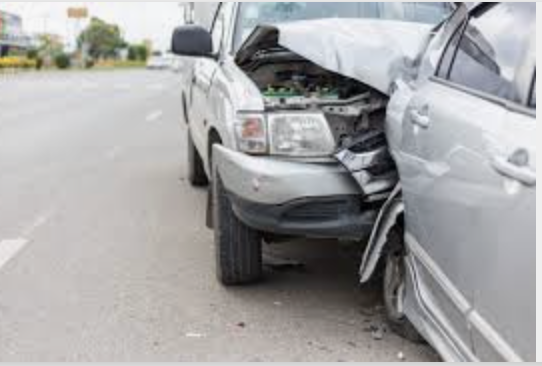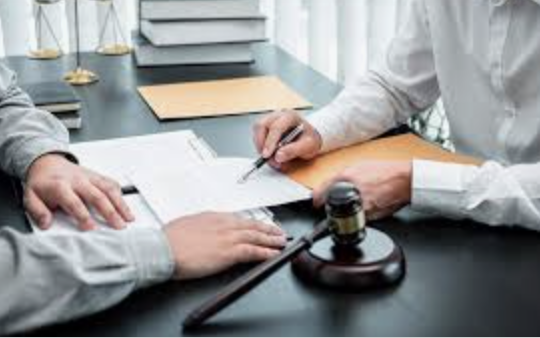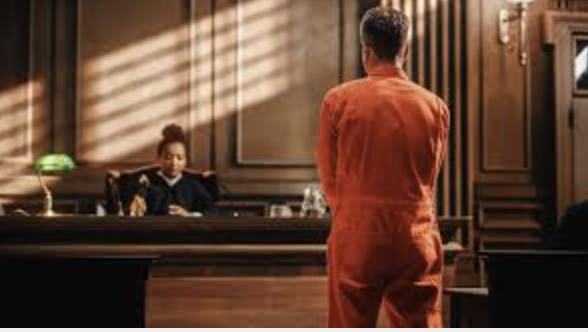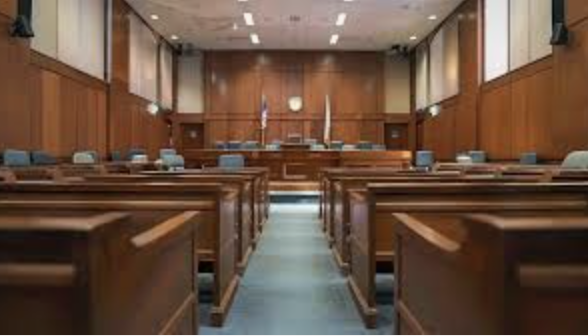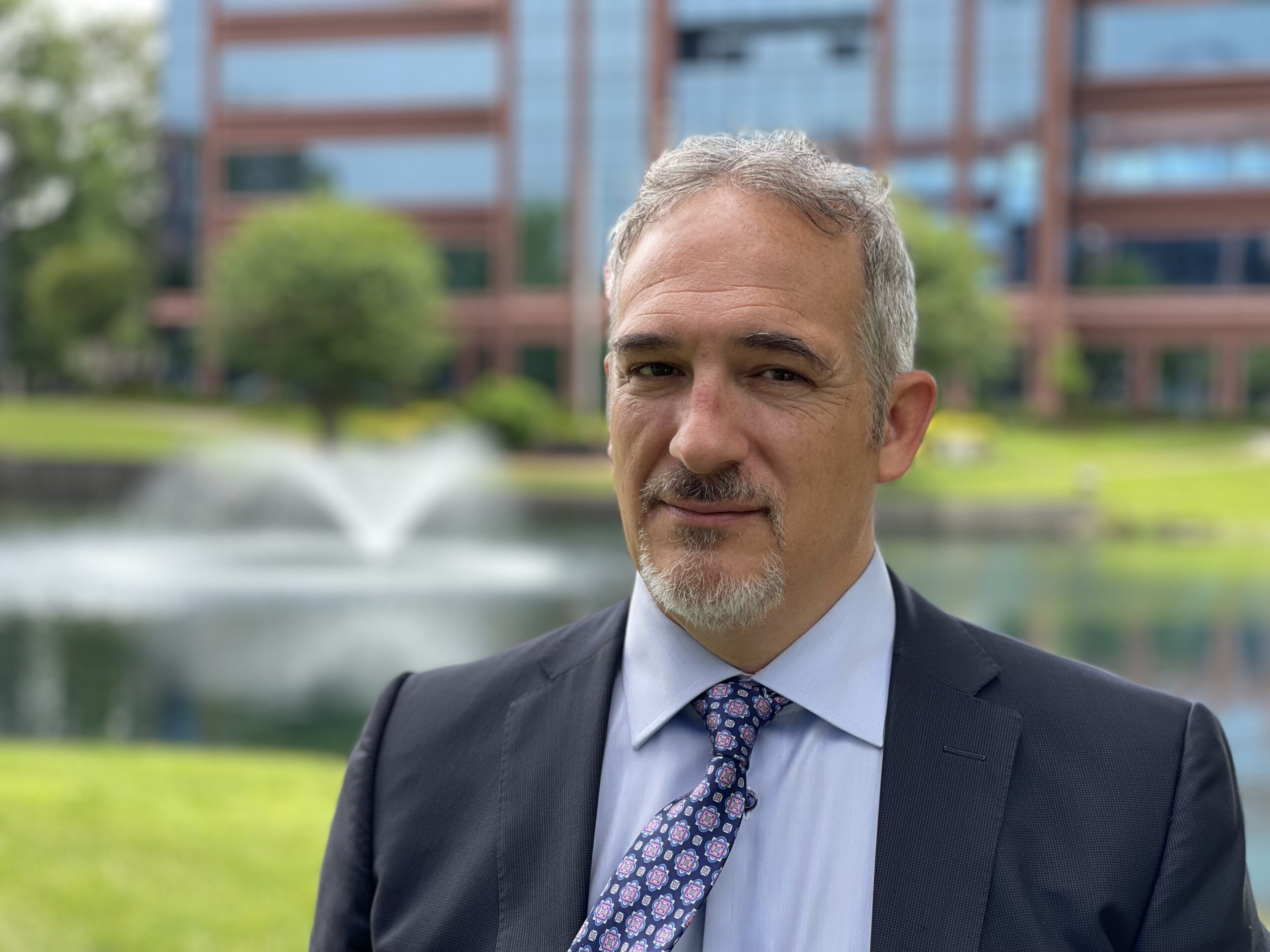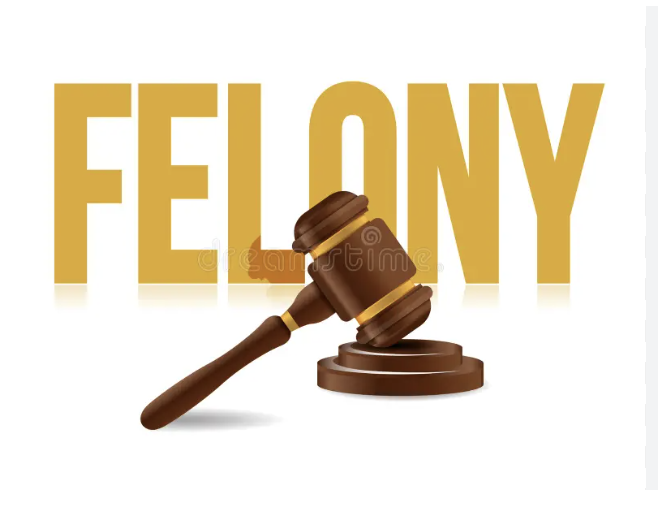The first few days after a car accident can feel overwhelming — medical appointments, insurance calls, and constant pain.
But what you do during this time can make a major difference in your recovery and in the value of your injury claim.
In Part 1, we covered what to do at the scene: stay safe, call police, get medical care, and document evidence.
In Part 2, we’ll walk through the next steps: how to protect your rights, preserve your claim, and make sure your medical and financial recovery stays on track.
A guide from Cardon Law. This is general information, not legal advice. For personal guidance after an accident, call (757) 306-9060.
1) Meet with a Personal Injury Lawyer
If you haven’t already done so, your first step after the accident should be to contact and meet with a lawyer who focuses on personal injury law.
An experienced attorney can:
- Handle all communication with insurance adjusters
- Collect and preserve key evidence
- Ensure your medical care and bills are documented correctly
- Protect your rights if the at-fault driver’s insurance company tries to minimize your claim
Your lawyer will also explain how Virginia’s contributory negligence law works — meaning if you’re found even 1% at fault, you could lose your claim entirely.
That’s why having an attorney early is crucial.
2) Notify Your Insurance Company — Even If You Weren’t at Fault
You should always notify your own insurance company of the accident, even if the other driver caused it.
Why?
Because if the at-fault driver turns out to have no valid insurance, or not enough coverage, you’ll need to file under your Uninsured/Underinsured Motorist (UM/UIM) coverage.
This coverage is included in nearly every Virginia auto policy under Virginia Code § 38.2-2206.
✅ Filing a claim with your own insurer will not increase your rates — it’s not considered an at-fault claim.
It simply protects you if the other driver can’t pay.
Be polite and factual when speaking to your insurance company, but do not give recorded statements to the at-fault driver’s insurer without talking to your lawyer first.
3) Follow Up with Medical Care
Your recovery — and your case — depend on continued medical documentation.
After a crash, most people are evaluated in the emergency room. You’ll likely receive:
- An initial exam and X-rays
- Pain medication
- Instructions to follow up with your primary care physician or specialist
That follow-up is critical.
Within a few days, you should visit:
- Your primary care doctor, or
- Urgent care, or
- Return to the ER if symptoms worsen
Your doctor can refer you to:
- Physical therapy
- Orthopedic or spine specialists
- Pain management or neurology, if needed
Use your medical insurance whenever possible.
This ensures your bills are paid and lets your attorney handle reimbursement properly when your case settles.
That way, the settlement check can go directly to you, not to unpaid providers.
4) Take Detailed Photographs
If you haven’t already, document all vehicle damage as soon as possible.
Take wide and close-up photos of:
- The entire vehicle (front, back, both sides)
- Interior damage (dashboard, airbags, glass, seats)
- Specific impact points
- Undamaged areas for contrast
These photos help prove the force of impact, which insurance adjusters often try to downplay.
Even minor-looking damage can correspond with serious injuries like whiplash or concussions.
5) Keep a Personal Injury Diary
A daily journal can become one of the most powerful pieces of evidence in your case.
Document:
- Your pain levels
- Limitations (activities you can’t do, such as work, exercise, lifting your kids, driving long distances)
- Appointments and therapies
- Sleep issues, anxiety, or emotional changes
Rather than just saying “I’m in pain,” describe how it affects your daily life —
“I couldn’t pick up my child today,”
“I had to miss two shifts at work,” or
“I can’t sit through a full movie because my back locks up.”
Keep updating the diary until you’re fully recovered — or until your attorney advises it’s time to settle.
6) Track Missed Work and Lost Income
Insurance companies require proof of lost wages to reimburse you.
Keep careful records of:
- Days and hours missed from work
- Doctor’s notes excusing you from work or restricting duties
- Pay stubs or HR statements showing lost income
Even partial days missed for medical appointments count.
Your lawyer can help calculate total lost income — including future earning capacity if you can’t return to your usual job right away.
7) Tell Every Doctor That You Were in a Car Accident
Whenever you see a healthcare provider — from a physical therapist to a chiropractor — make sure they know your injury is from a car accident and briefly describe how it happened.
This is vital because:
- Your medical records must link your injuries directly to the crash.
- Insurance adjusters review those records closely when deciding how much to pay.
If your medical notes don’t mention the accident, the insurer might argue the injury was unrelated — even if it clearly was.
8) Preserve All Paperwork and Communications
Keep a folder or digital file with:
- All police reports
- Insurance claim numbers and adjuster contact info
- Medical bills and receipts
- Correspondence with insurance companies
- Photos and injury diaries
You can also forward these documents to your attorney to help build a comprehensive case file.
Quick Checklist: The First Week After the Accident
| ✅ Step | 💡 Why It Matters |
|---|---|
| Hire or consult a personal injury lawyer | Protects your rights early |
| Notify your insurance company | Preserves UM/UIM coverage |
| Continue medical treatment | Proves ongoing injury |
| Take detailed vehicle photos | Documents crash severity |
| Keep a pain & activity diary | Strengthens credibility |
| Track missed work | Supports wage-loss claim |
| Tell all doctors it’s from a crash | Links treatment to the accident |
| Save all records & bills | Builds evidence for settlement |
FAQ
Will using my uninsured motorist coverage raise my rates?
No. Virginia law prevents insurers from penalizing you for using coverage that applies when another driver is at fault.
What if I start feeling pain days later?
That’s very common. See a doctor right away — delayed symptoms still count as accident-related if documented promptly.
Do I need to tell my employer about the accident?
Yes, especially if you miss work or need accommodations for medical care.
Can I post about my accident on social media?
No. Anything you post may be used against you by insurance adjusters or defense lawyers. Keep your recovery private.
Injured in a Car Accident in Virginia? Let Cardon Law Handle the Rest.
You’ve done your part — you’ve called the police, seen the doctor, and reported the accident.
Now, let us do ours.
At Cardon Law, we handle every step of the injury-claim process — dealing with insurance companies, coordinating medical payments, and fighting for the full compensation you deserve.
📞 Free Consultation: (757) 306-9060
📱 24/7 Direct to David A. Cardon: (757) 620-3283
Serving Virginia Beach, Norfolk, Chesapeake, Portsmouth, and Hampton Roads.
